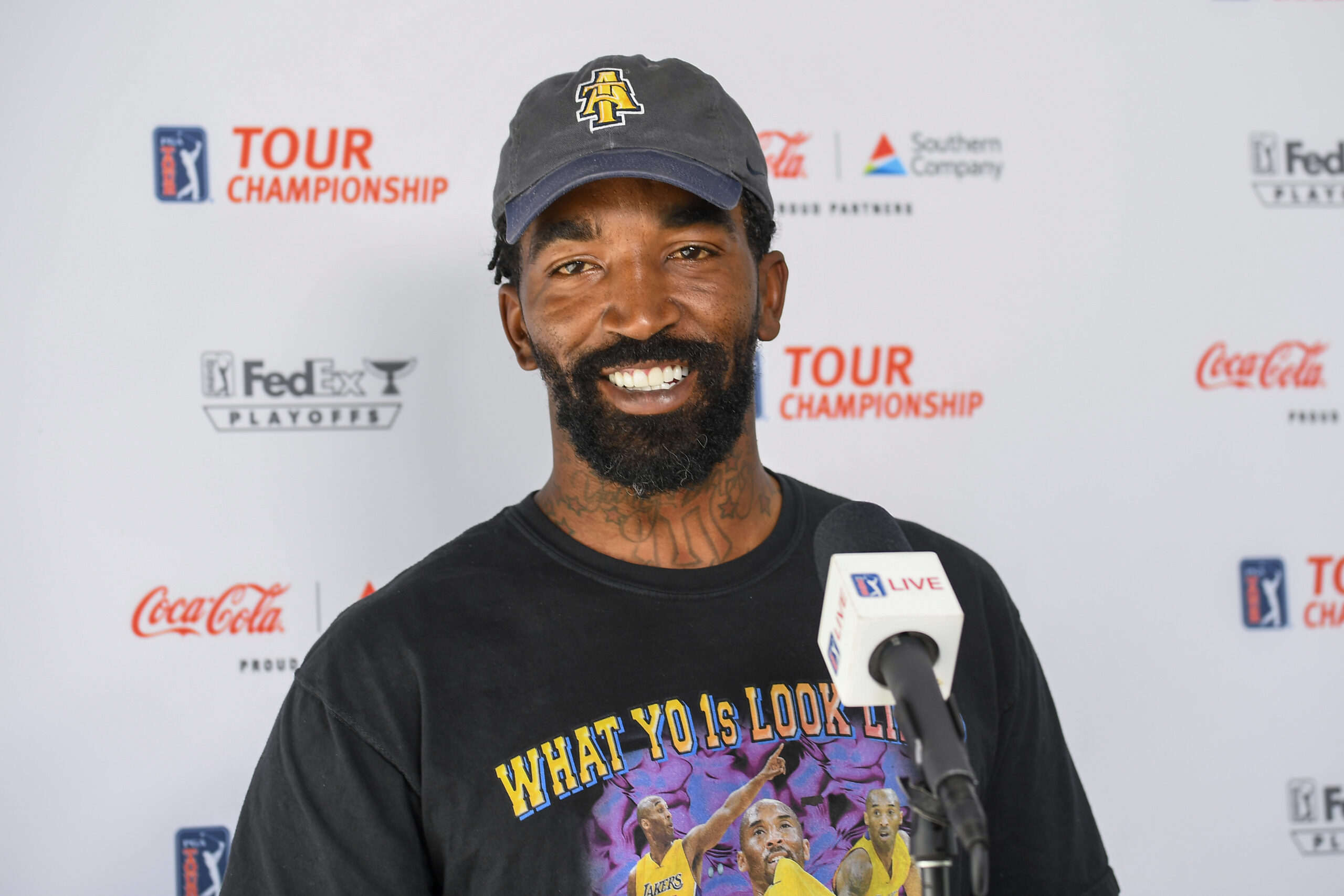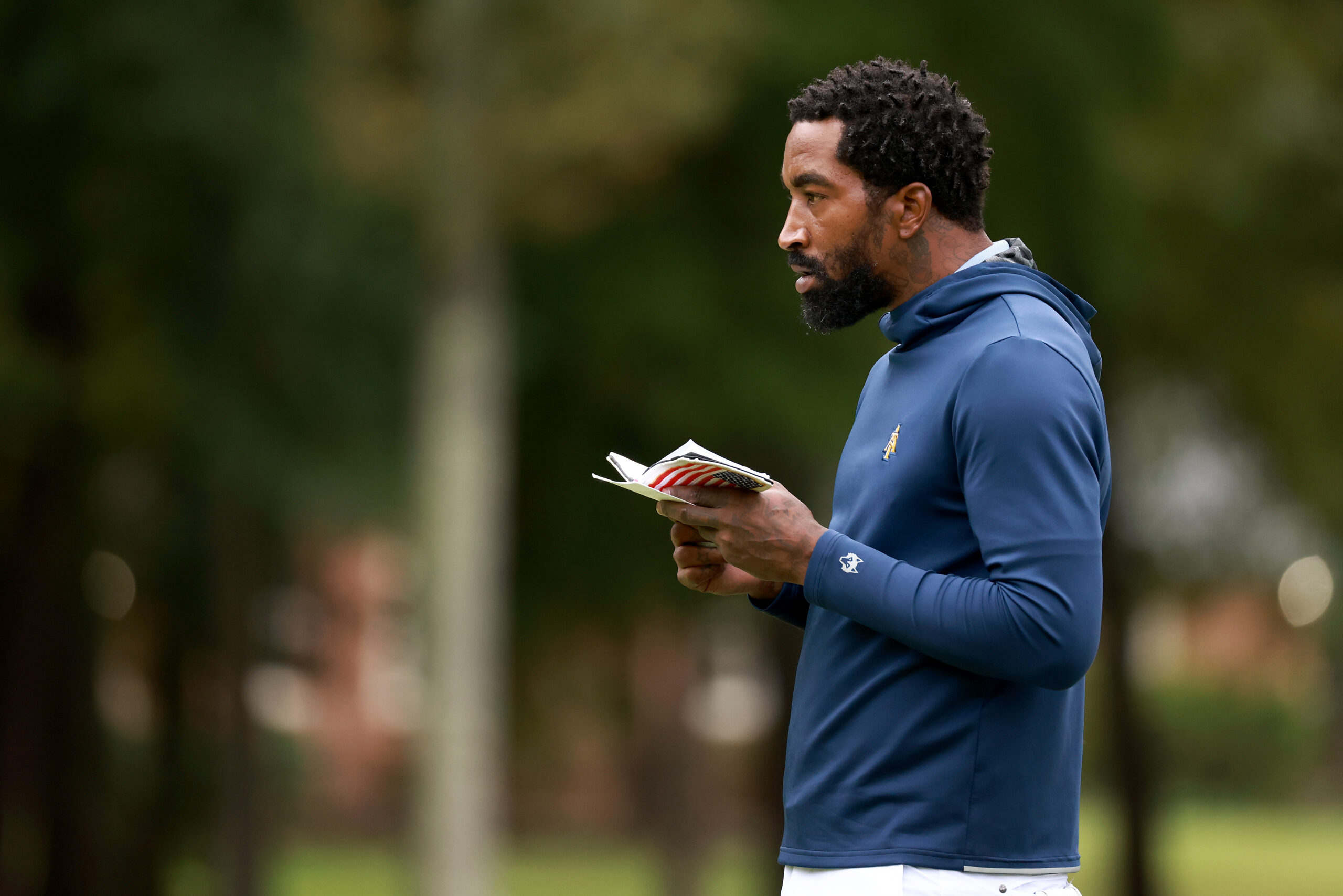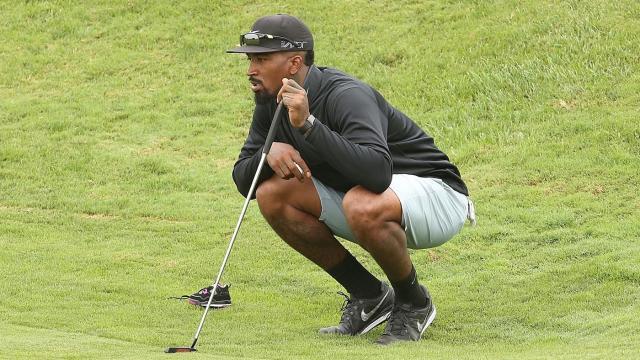Honor your history.
We recently wrote about HBCU baseball and how Black schools are eliminating their baseball programs to allocate money to other revenue-generating sports like football and basketball.
Schools such as Howard, Morgan State, South Carolina State, Elizabeth University and most recently, Winston Salem State have disbanded their programs due to a lack of financial feasibility and an overall decline in the interest of black athletes in the sport.
If administrative attitudes towards baseball continue along this dismissive path, then before long the rich history of HBCU baseball programs and players will become a forgotten memory. People with knowledge of the sport know that there are a lot more factors that contribute to the low numbers of blacks playing college baseball ( 4 percent according to 2018 NCAA Data) than mere disinterest.
That’s why the Inaugural HBCU World Series comes at the perfect time. The North Carolina A&T Aggies will take on the Southern Jaguars in the first Historically Black College and University World Series to be played at Guaranteed Rate Field, the home of Major League Baseball’s Chicago White Sox.
The first pitch will be thrown at 1 p.m., Saturday, May 24.
Inaugural HBCU World Series to feature North Carolina A&T and Southern https://t.co/6NF6N8yknh
— HBCU Sports (@HBCUSports) May 14, 2019
“We want to utilize these events to promote educational opportunities to urban youth who in some cases may not even know schools with the history of a North Carolina A&T State University or a Southern University even exists,” said Erwin Prentiss Hill, the CEO of the Chicago-based Black College Sports Group 360 (BCSG). “These oftentimes may be first-generation college prospects. They have good grades and good GPAs. They just do not have an understanding from a previous generation of what it takes to navigate that process.”
As the number of white and Hispanic players suiting up to fill out rosters on HBCU baseball programs continues to increase, the number of African-American ballers has declined over the last decade.
Hill hopes to use the HBCU World Series and other events like it to promote black collegiate sports while at the same time inviting someone from each school’s admissions department to deliver information about their respective universities.
It’s a way to keep the sport of baseball alive in the black community while introducing the athletic and academic advantages of playing the sport at an HBCU to students that may not be aware.
Both the Aggies and the Jaguars have a rich baseball history. The Aggies are the defending Mid-Eastern Athletic Conference (MEAC) champions and have had five players – Cutter Dyals (2017), Luke Tendler (2014), Kelvin Freeman (2013), Xavier Macklin (2011) and C.J. Beatty (2009) – drafted in the past 10 seasons.
Over the years, HBCUs have produced some hidden gems that become great MLB talents. Rickie Weeks played at Southern and then was a popular baller for the Milwaukee Brewers.
Rickie Weeks pic.twitter.com/UQdS3fqtfU
— RandomMLBPlayers (@RandomMLBPeeps) May 9, 2019
Aggie graduate Alston became the first black player on the St. Louis Cardinals roster in 1954. Former Jaguars player Lou Brock is the second greatest base swiper in MLB history behind Rickey Henderson and collected over 3,000 hits during a 19-year MLB career, winning two World Series.
Andre “Hawk” Dawson was a standout at Florida A&M and for the Chicago Cubs becoming only the second player in MLB history to record 400 home runs and 300 stolen bases.
THE HBCU World Series joins The Andre Dawson Classic as HBCU baseball’s major marketing tools. The Classic, formerly called The Urban Invitational, features games played between seven Historically Black Colleges & Universities. More than 30 HBCU players have become MLB draft picks.
https://twitter.com/tomjoynerfound/status/1072204562503745536
“Greatness comes from historically black colleges and universities,” said Hill. “The bottom line is to get more urban youth back to our HBCUs, so that talented young men and women can add to the legacy of our outstanding predominantly black universities.”
Hill hopes the HBCU World Series will shine a light on black baseball and inspire some young black athletes to bring their baseball talents to the schools and create a new legacy of excellence.



